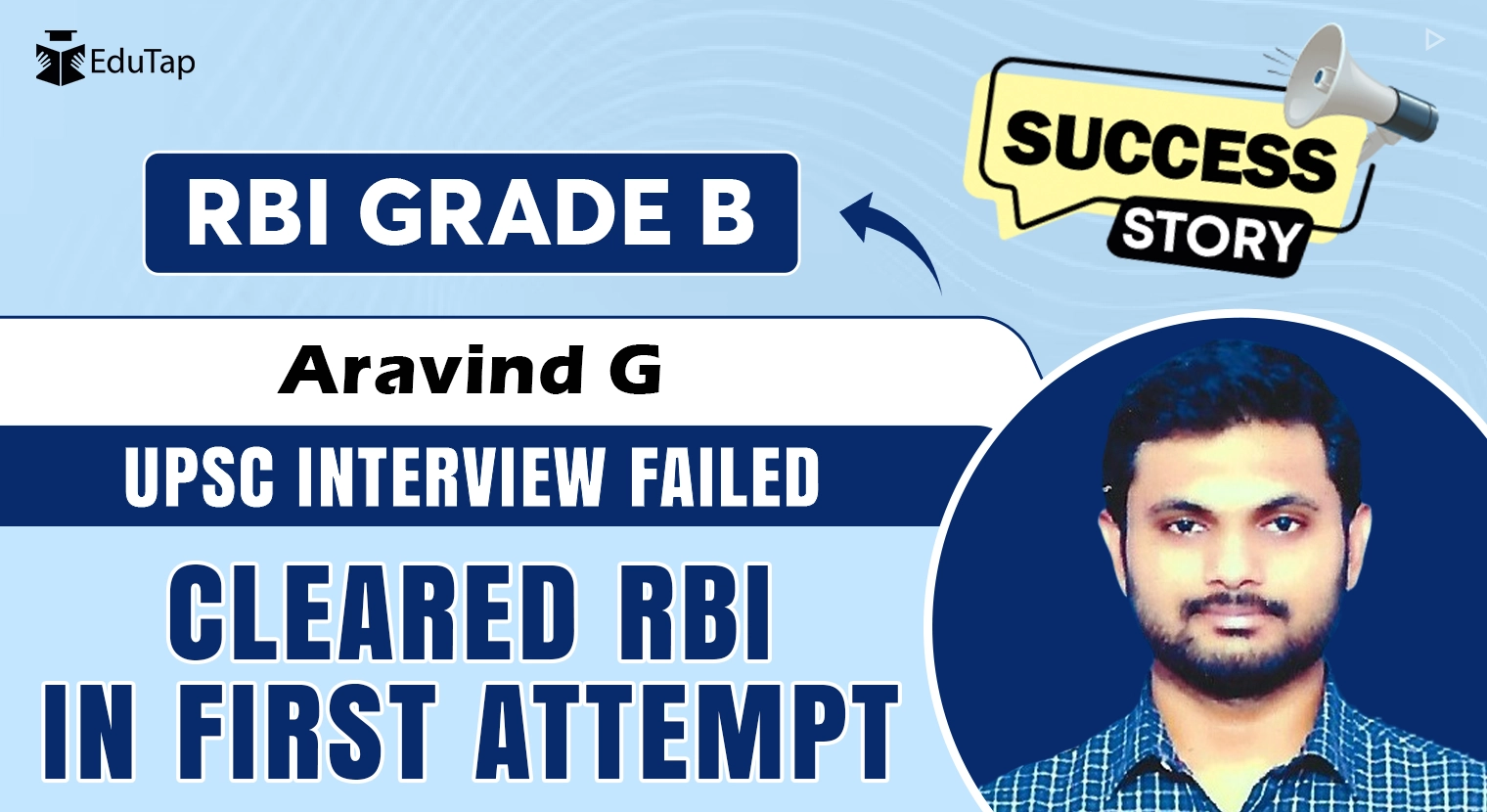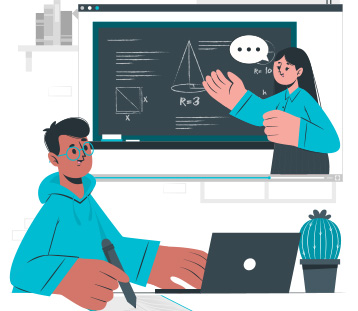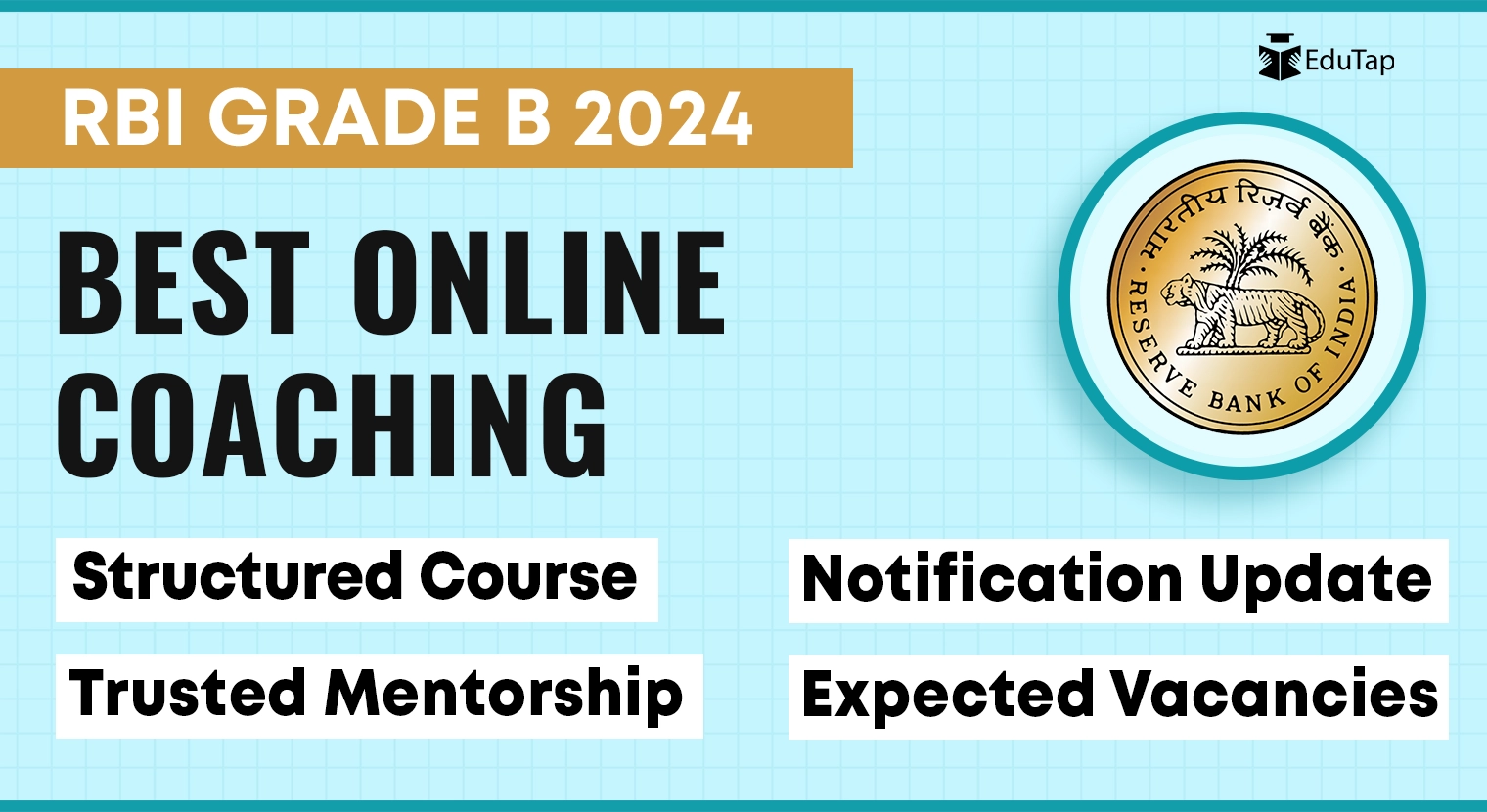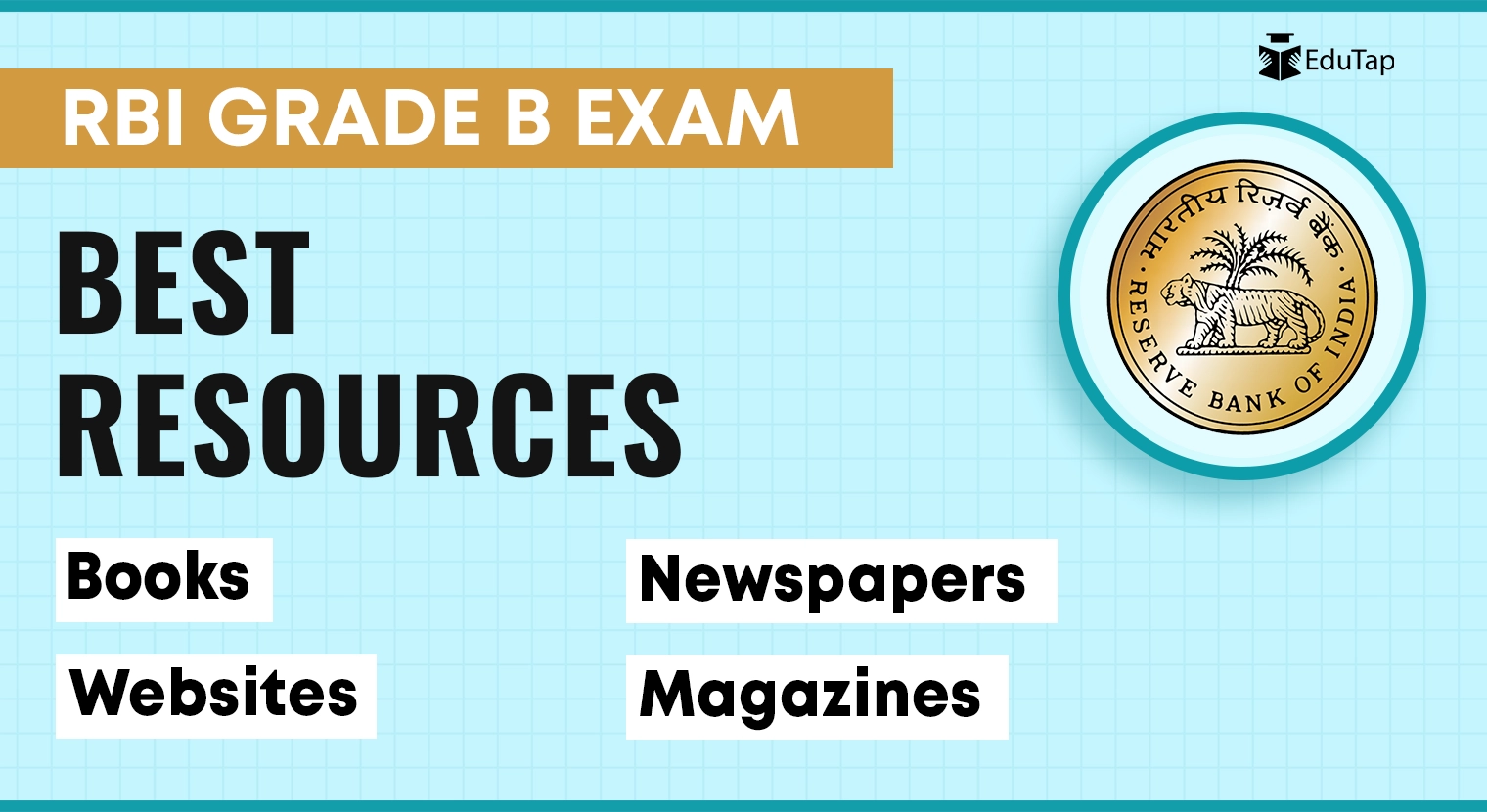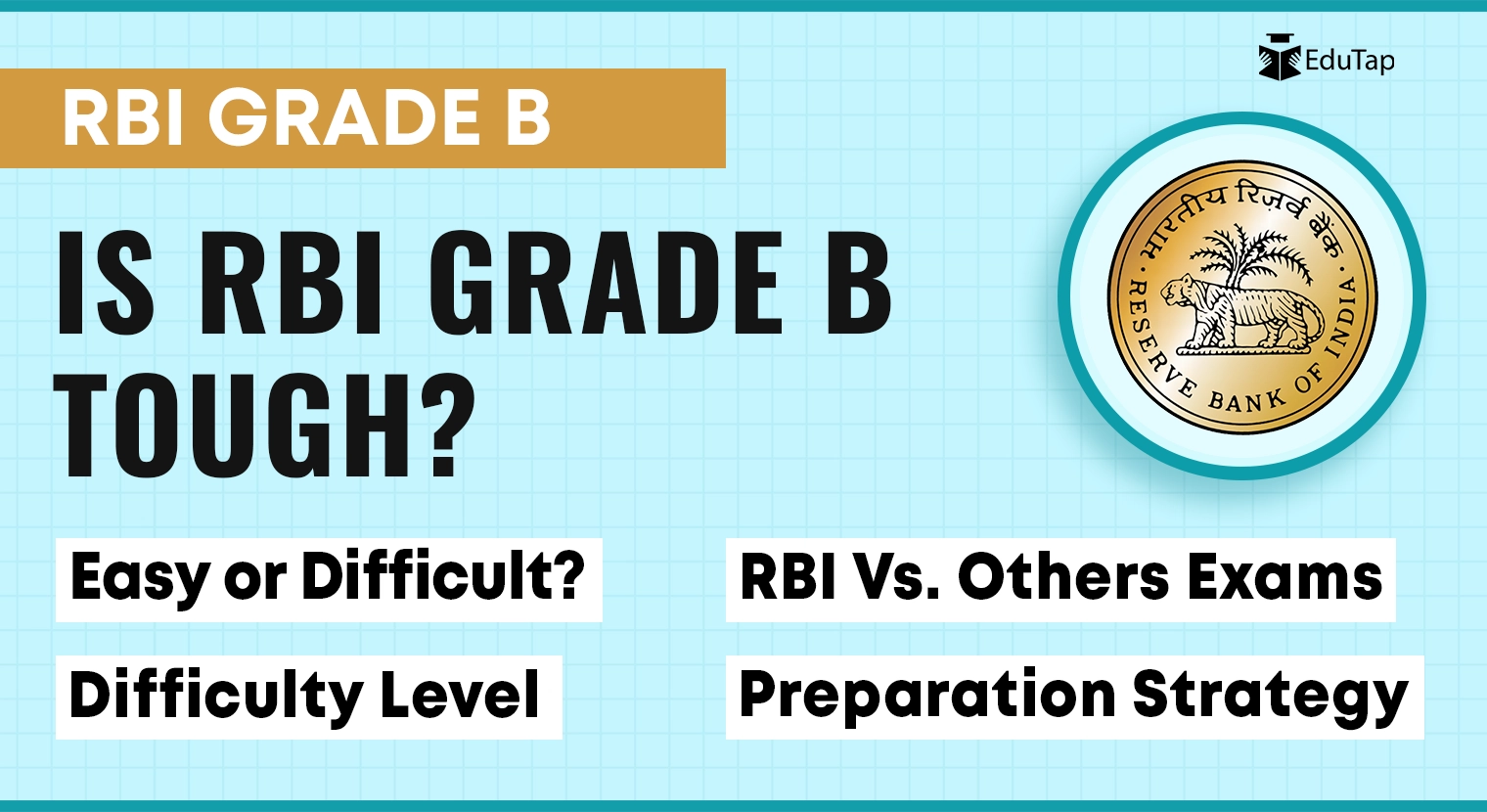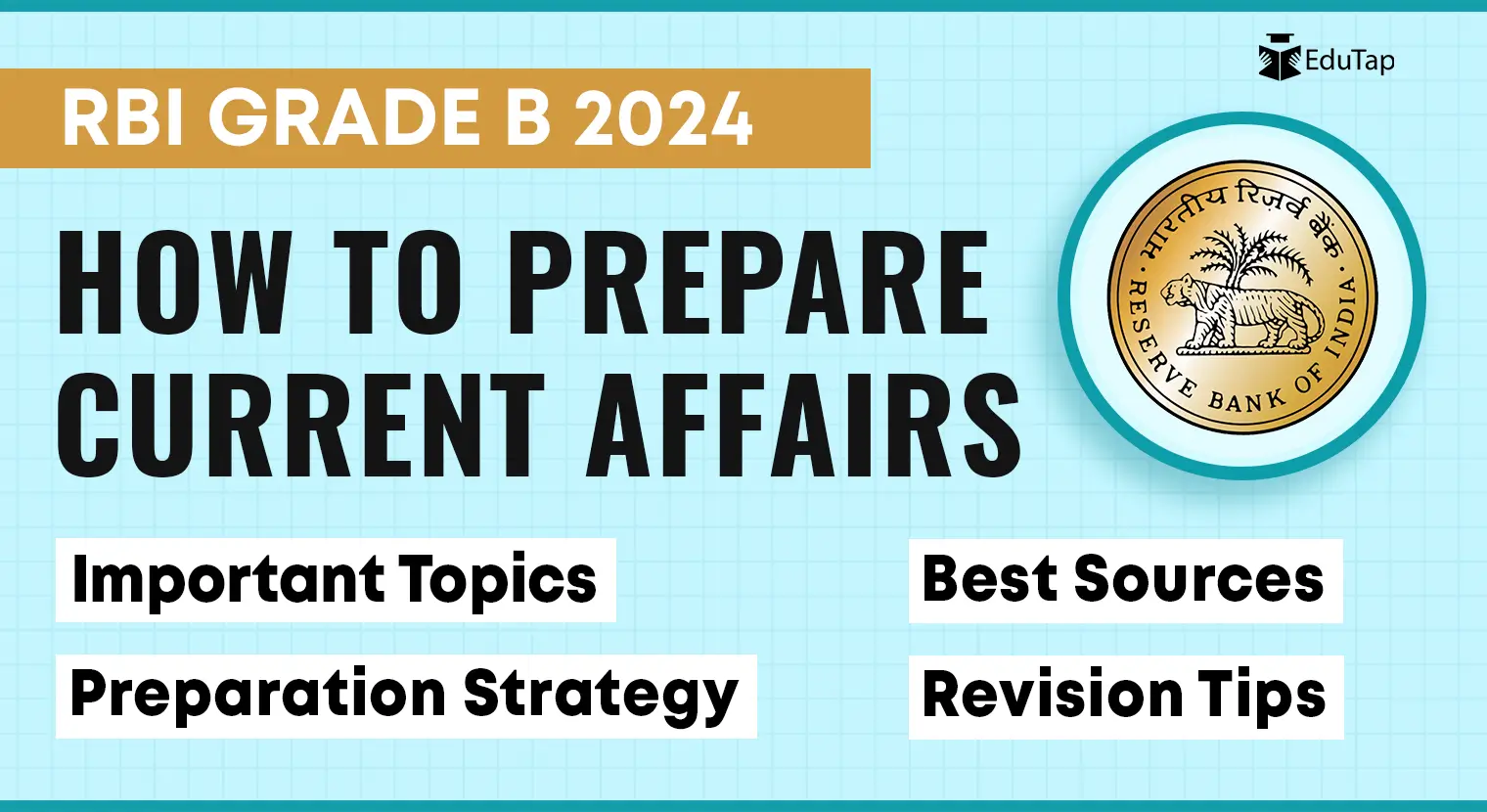Ever felt like life throws you a curveball just when you thought you had it figured out? Aravind G did. After years of dedicated preparation, his dream of cracking the UPSC civil services exam came crashing down with the final results. Devastated but not defeated, Aravind took a chance on the RBI Grade B exam. But with just 40 days left for the RBI Grade B Phase 1 exam and an additional 20 days for the Phase 2 exam, the odds were stacked against him.
His success story is a testament to resilience, strategic planning, and smart execution. He, an IIT graduate with prior work experience, leveraged his existing knowledge and came up with a winning strategy to conquer the RBI Grade B exam in his first attempt.
In this article, Aravind shares his preparation hacks, resource recommendations, time management tips, and more. He also reveals how he tackled each section, navigated the interview round, and ultimately beat the odds to become an RBI Grade B officer. Here is Aravind’s success story in his own words.
Brief Introduction
I appeared for the UPSC Civil Services interview this year (2023), and unfortunately, the final results didn’t bring the outcome I had hoped for, leaving me quite devastated. As the next prelims was just three days after the final result, I decided to skip it.
Meanwhile, my friend, who was preparing for the RBI Grade B exam, informed me that the application deadline was still open. Seizing the opportunity, I applied, realizing I had around 40 days for Phase 1 and an additional 20 days for Phase 2 preparation.
I was already familiar with Economic and Social Issues, Finance, Budget, and Economic Survey. The only new thing for me was Management. Hence, I spent the first 10 days taking EduTap’s Management classes at 2x speed (as I had limited time) and read their concept notes for revision.
Let’s discuss how I prepared for the RBI Grade B exam, starting from my Phase 1 strategy.
Phase 1 Strategy
Below is my subject-wise RBI Grade B Phase 1 strategy.
Current Affairs
To prepare current affairs, I covered the following:
- Affairs Cloud Q&A pdf of 3 months (each around 300 pages) and glanced through them 2/3 times – never tried to read by heart but made myself familiar with the content.
- EduTap Schemes and RBI In News magazines.
- YouTube Videos of EduTap on RBI, Schemes, Reports, etc. (2x speed), including some marathon sessions.
- Governor 6 speeches, especially when I get bored (in fact, around 4 questions came from them).
Along with the above-mentioned, I also took help from my civil services interview preparation notes for some current affairs.
For the Current Affairs section, I covered Affairs Cloud Q&A PDFs of 3 months, EduTap schemes, reports, and marathon sessions, RBI In News magazines, and Governor’s 6 speeches.
Quantitative Aptitude
To prepare for the quant section, I did the following:
- I took Oliveboard test series (10 tests). I solved all of them and practiced a lot from EduTap’s live-solving sessions (at 2x speed) for concepts I was less comfortable with.
- I noted down and learned squares, cubes, tables, formulas, etc.
- By practicing the test series, I realized choosing the right DI is crucial to clear the sectional cutoff, so I implemented it effectively in the phase 1 exam.
For the Quantitative Aptitude section, I Took Oliveboard’s test series and practiced a lot from EduTap’s live-solving sessions.
Reasoning Ability
Here is how I prepared for the reasoning section:
- I practiced the test series extensively for 3 days to identify my weak areas. I watched and practiced those puzzle formations from EduTap live sessions (I only observed the way they were solving and adopted some of those methods that suited me while solving).
- I learned to choose puzzles wisely because in the test series choosing the wrong ones resulted in a loss of marks and time.
For the Reasoning Ability section, I watched and practiced puzzles from EduTap’s live sessions.
English Language
For English,
- I only practiced test series. I was very comfortable with this section and always attempted all 30 questions in practice tests.
- During the exam, I paused for 30 seconds before starting this section and was mindful while reading the comprehension. It saved my time as otherwise I would have had to read the passage 3-4 times, which would have cost me time.
For the English section, I only practiced test series and always attempted all 30 questions in practice tests. I was mindful while reading the comprehension.
Exam Day (Phase 1) (Afternoon Session)
Here is my experience of the Phase 1 exam:
- Morning session aspirants told us that the paper was tough so I was mentally prepared.
- The mouse of my allotted computer system was not working in the middle of the current affairs section, which was very frustrating. Because of that, I couldn’t read 13 questions. Later, I realized that 6 of them were easy.
Phase 1 Marks
Here are my subject-wise Phase 1 marks:
- General Awareness: I got around 34 marks in this section.
- English: I attempted all questions and got around 23 Marks.
- Reasoning: I easily solved 1 puzzle but got stuck on the second one. However, after some time I was eventually able to solve it. I got around 13 marks.
- Quant: I attempted limited questions and got around 12 Marks.
Now that you have understood how I prepared for the Phase 1 subjects, let’s move on to understand my Phase 2 preparation strategy.
Phase 2 Strategy
At this point, I was left with only 20 preparation days for Phase 2, and here is my subject-wise strategy:
Finance and Management
Here is how I prepared for FM:
- I revised Management again quickly, but time was not sufficient, so I did what I could.
- For the Finance part, I cleared the basics from EduTap’s PDFs.
- For Phase 2 current affairs, I read RBI’s annual report. This year, it was easy to predict because the emphasis on “climate change” was all over RBI policies in the G20 and RBI annual report (It has an entire article on what India can do to mitigate climate change and how to finance this transition).
- I prepared “quotes, data, examples” for climate and finance themes.
I cleared Finance basics from EduTap’s PDFs and revised Management again quickly. I read RBI’s annual report for Current Affairs and prepared quotes, data, and examples for descriptive answers.
Economics and Social Issues
Here is my strategy for Economics and Social Issues:
- For the Economy section, I covered 2 small pages of economic data, quotes, and conclusions from an economic survey and RBI annual report.
- For the social issues section, I read from the available data and examples from current affairs magazines of various institutions and my civil services preparation notes (2-page notes). Besides this, I also covered schemes for various sections—women, children, elderly, tribes, etc., and some themes—poverty, financial inclusion, climate change, etc.
For the Economy section, I covered data, quotes, and conclusions from Economic Survey and RBI Annual Report. For the Social Issues section, I read multiple current affairs magazines, and covered important schemes and themes.
Descriptive English
Below, I have mentioned my strategy to prepare for descriptive English:
- Essay: I already had experience in writing essays from my UPSC civil services preparation. I wrote an essay on climate change in 550 words (If I remember correctly). I was already prepared with data, quotes, and examples to write on a climate change topic. I probably would have created a good impression on the evaluator, as I started the essay with a quote from Mahatma Gandhi and ended with a Native American Proverb.
- Precis: I read the rules of writing precis and saw some videos on how to write a suitable title, complete the precis in a single paragraph, use our own words, etc.
- Comprehension: Comprehension was based on a complex theme, and questions were quite difficult to understand. I mindfully read and understood the passage twice. I answered all 5 questions in my own words and, touched on the theme mentioned in the paragraph as much as possible.
For Descriptive English, I already had an experience of writing essays from my UPSC Civil Services preparation, I saw some videos and read the rules of writing precis, and I relied on practice for comprehension.
Other Preparation Tips
Here are some other preparation tips that I followed while preparing for Phase 2:
- I practiced typing using a mechanical keyboard for 2/3 hours. They are usually very hard, especially if you haven’t practiced and the exam interface was the worst. Editing is difficult on the interface, so I advise you to make minimal mistakes.
- I used the first 3-4 minutes for brainstorming ideas, 27 Minutes for 15 Markers, and 18 Minutes for 10 Markers. I first noted important points on the paper, such as the intro, conclusion, quotes, and data, and then typed the answers.
“I practiced typing using a mechanical keyboard before the exam. I also used the first 3-4 minutes for brainstorming ideas before writing.
Phase 2 Attempts
Here is how my subject-wise attempts of Phase 2:
- FM: Average Attempt. I made some blunders in some MCQs. I was expecting 35 to 40 marks in the objective section. I attempted all 4 descriptive questions and didn’t choose the management one; instead, I wrote the RBI direct scheme question.
- ESI: Good Attempt. The MCQs were tough, and I made 2 blunders while solving them. I was expecting around 30 Marks in the objective section. I attempted all 4 descriptive questions with very good content, quotes, data, etc.
- English: Very Good Attempt. I attempted the Essay first, followed by Precis and Comprehension.
Now that you have understood how I prepared for the Phase 2 subjects, let’s look at my interview preparation strategy.
Interview Strategy
Here are the list of resources that helped me prepare for the interview:
- Live Mint
- The Hindu
- RBI website
- RBI working and functions
Besides these above-mentioned resources, I also thoroughly prepared my Biodata from my civil services interview notes and discussed it with friends, which helped me reduce my anxiety. Below, I have mentioned some of the questions asked in the interview.
For Interview preparation, I relied on LiveMint, The Hindu, RBI Website, and RBI Working and Functions.
Question Asked
Here are some of the questions asked in the interview:
- Some fun banter about my surname
- Asked about UPSC Civils preparation
- Electoral Bond scheme – CJI opinion (I knew the answer)
- Panchamrit goals (Told all 5)
- Which department is your interest and some basic finance questions (I gave average answers)
- ICRR and reasons
- Apex regulatory council that is present in India (I told them about FSDC, and they are satisfied with my answer). They further asked about its composition (I answered correctly)
- New rule of cricket in this World Cup (New ball from both ends)
- Why the ball swings in the air (Bernoulli principle)
There are some other questions that I might have forgotten.
Results Announced – Cleared
Finally, the result was announced, and my name was on the final list. The long wait was over, and my journey as an RBI Grade B officer was about to begin.
That’s my brief journey. There were many doubts during preparation, and I was not at all confident that I could pull it off, but somehow, I managed. The failure in the UPSC exam gave me the motivation to clear RBI.
Thank you to everyone who has supported me throughout this treacherous journey.
Conclusion
After facing setbacks in the UPSC Civil Interview, Aravind did not give up. Instead, he focused on the RBI Grade B exam and cracked it in his first attempt. He recognized the limited time constraint and tailored his preparation strategy accordingly while maintaining a positive mindset. This approach enabled him to stay focused, overcome obstacles, and ultimately succeed as an RBI officer.
Aravind’s success is an inspiring story, teaching us a valuable lesson to persevere in pursuing dreams while remaining adaptable. Time constraints can be overcome with smart planning and focused effort. Above all, his success underscores the significance of maintaining a positive mindset as a cornerstone for achieving one’s goals.
